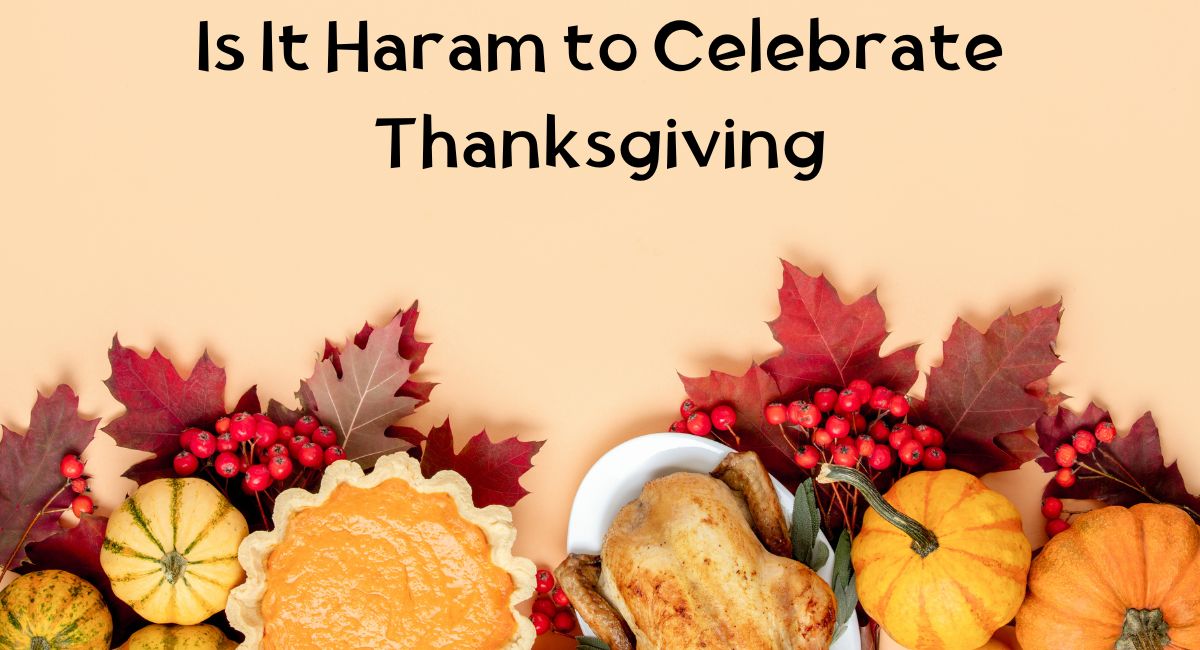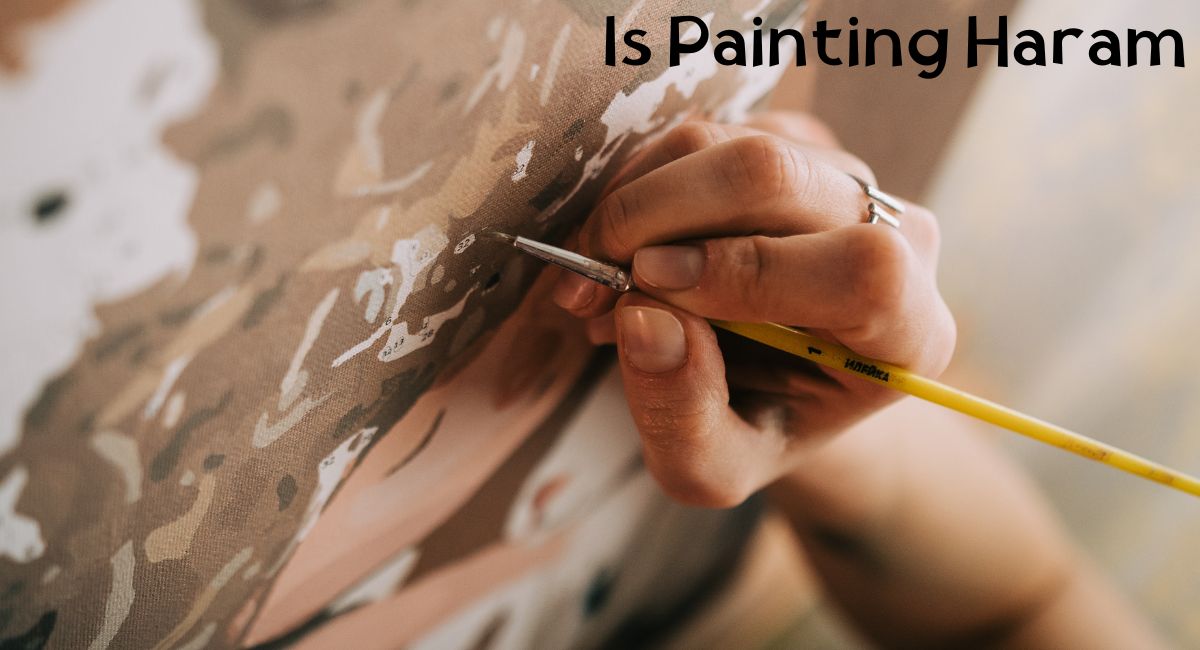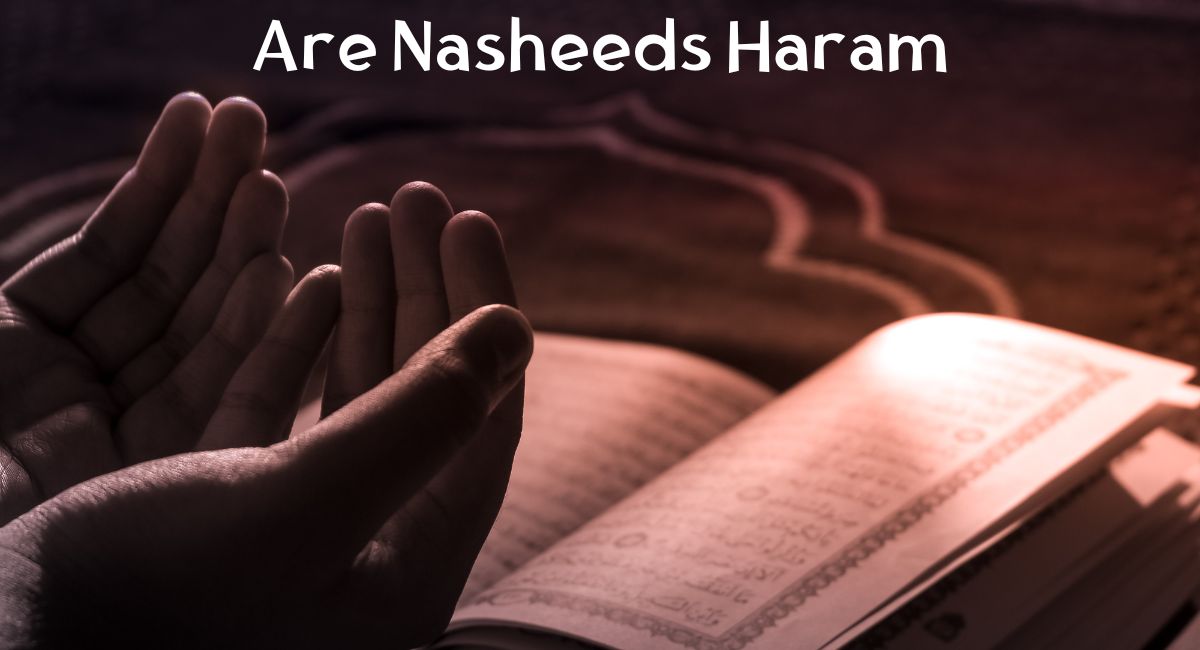The celebration of Thanksgiving is a subject of contemplation for many Muslims around the world. While Thanksgiving is a secular holiday in the United States, it carries religious and cultural connotations that can raise questions about its compatibility with Islamic principles.
In this article, we will delve into the various perspectives within the Muslim community regarding the observance of Thanksgiving and explore whether it is deemed permissible (halal) or forbidden (haram) according to Islamic teachings.
By examining the religious, cultural, and ethical dimensions of Thanksgiving, we aim to provide a comprehensive overview of this complex issue and help readers make informed decisions about their own participation in the holiday.
Why is Thanksgiving Celebrated
Thanksgiving is celebrated for a combination of religious, cultural, and historical reasons. It is a time to give thanks for the blessings of the year, including the harvest, family, and friends.
Religious Roots
The roots of Thanksgiving can be traced back to harvest festivals that were celebrated in many cultures around the world. These festivals were a time to thank the gods for the bounty of the land. In Christianity, Thanksgiving has also been associated with the Eucharist, or Holy Communion, which is a ritual meal that commemorates Jesus Christ’s Last Supper.
Colonial Celebrations
The first Thanksgiving in North America was celebrated by the Plymouth colonists in 1621. The colonists had arrived in the New World in 1620 and had faced a difficult first winter. However, the next spring they planted crops and were assisted by the Wampanoag people, who taught them about native farming techniques. In the fall of 1621, the colonists had a bountiful harvest and invited the Wampanoag people to a feast to celebrate their success. This feast is often considered to be the first Thanksgiving in America.
National Holiday
Thanksgiving became a national holiday in the United States in 1863, when President Abraham Lincoln proclaimed a national day of thanksgiving to commemorate the Union victory at the Battle of Gettysburg. Thanksgiving continued to be celebrated annually, and in 1941, it was declared a permanent federal holiday.
Modern Celebrations
Today, Thanksgiving is a major holiday in the United States and Canada. It is a time for families and friends to come together to share a meal, give thanks, and enjoy each other’s company. The traditional Thanksgiving meal typically includes turkey, stuffing, mashed potatoes, gravy, cranberry sauce, green bean casserole, and pumpkin pie.
Thanksgiving is also a time for people to reflect on their blessings and to give thanks for the good things in their lives. It is a reminder of the importance of gratitude and community.
In addition to its religious and cultural significance, Thanksgiving is also a time for people to give back to their communities. Many people volunteer their time or donate money to charities during the Thanksgiving season.
Thanksgiving is a special time of year that is celebrated by people of all backgrounds and beliefs. It is a time to come together and give thanks for the blessings in our lives.
Is It Haram to Celebrate Thanksgiving
Thanksgiving, predominantly a secular holiday in the United States and Canada, is not inherently Islamic. The main concern arises when the celebration involves activities contrary to Islamic teachings. Celebrating Thanksgiving is not haram (prohibited in Islam) if it is observed modestly and in compliance with Islamic principles.
Islamic Perspective on Celebrating Non-Islamic Festivals
- Quranic Guidance: The Quran does not explicitly mention Thanksgiving or similar non-Islamic festivals. However, it provides general guidance on interacting with non-Muslims. Surat al-Mumtahanah 60:8 emphasizes benevolence and justice towards those who do not oppose Muslims on the basis of religion. Additionally, Surat al-Baqarah 2:83 instructs Muslims to speak kindly to people, which can be extended to interactions during non-Muslim festivals.
- Hadiths and Scholarly Opinions: Islamic scholars have expressed varied opinions regarding congratulating non-Muslims during their festivals. Some prohibit it, especially if it involves endorsing religious rituals that contradict Islamic tenets. Others, recognizing the importance of maintaining harmonious relations in a globalized world, allow offering kind words without endorsing the specific religious aspects of these festivals.
- Dar al-Ifta al-Misriyyah’s Position: This respected Egyptian institution emphasizes the importance of benevolence towards non-Muslims, including during their festivals, as long as it does not involve supporting religious rituals contrary to Islam. This approach is viewed as a way to invite others to Islam through good character and noble manners.
Celebrating Thanksgiving as a Muslim
- Secular Nature of Thanksgiving: Being a secular holiday, Thanksgiving does not inherently conflict with Islamic beliefs as long as Muslims avoid religious activities specific to other faiths.
- Gratitude to Allah: The essence of Thanksgiving, which is expressing gratitude, aligns with Islamic teachings of being thankful to Allah (SWT) for His blessings. Muslims can use this occasion to remember and thank Allah.
- Permissible Activities: Muslims can celebrate Thanksgiving by spending time with family and friends, sharing halal food, and avoiding activities that are haram, such as consuming alcohol or pork.
In conclusion, celebrating Thanksgiving is not considered haram in Islam if observed within the bounds of Islamic teachings. Muslims are encouraged to express gratitude, share with others, and avoid activities that contradict their faith. The broader Islamic principle of kindness and justice towards non-Muslims, as mentioned in the Quran, supports positive interactions during such occasions, provided they do not involve endorsing religious rituals that are contrary to Islamic beliefs.
Fatwas on Thanksgiving
The issue of celebrating Thanksgiving has prompted various fatwas, reflecting the diverse perspectives within Islamic scholarship. These fatwas offer guidance on how Muslims should approach this holiday, considering Islamic teachings and the context of living in a non-Muslim society. Here’s a summary of the key points from these fatwas:
Globalization and Cultural Sensitivity: Modern scholars face the challenge of issuing fatwas that are sensitive to the cultural and regional circumstances of Muslims living in different parts of the world. While Islamic rulings on worship and theology are universal, those related to cultural practices should consider the context of the local Muslim community.
Family Ties and Cultural Integration: Many American Muslims, including converts, have non-Muslim family members. Thanksgiving Day is often used as an opportunity to strengthen family ties. Most Muslim scholars do not view the celebration of Thanksgiving as inherently haram (forbidden) since it generally involves gathering with family and expressing gratitude, which are not contrary to Islamic principles. Prohibiting such gatherings on the basis of them being a part of Thanksgiving could send a conflicting message, as Islam encourages keeping family ties and showing gratitude.
Strict Prohibition by Some Scholars: Some Islamic scholars strictly prohibit celebrating Thanksgiving, viewing it as an imitation of non-Muslim cultural practices. They argue that even if Thanksgiving does not directly symbolize or represent non-Muslim ideologies, it is still a distinguishing mark of a non-Muslim nation, making its celebration impermissible. They emphasize the completeness and perfection of Islam, suggesting that Muslims should not seek fulfillment in non-Islamic celebrations.
Permissibility with Conditions: Other scholars argue that if Thanksgiving is celebrated merely as a national holiday without any religious connotations and free from impermissible elements (like consuming haram food or indulging in activities against Islamic teachings), it is permissible (mubāḥ). They clarify that practices originally foreign to Islam are not always impermissible, especially when they become part of a general culture rather than specific to a religion. As such, Muslims in the United States can participate in Thanksgiving as long as their intention is not to imitate non-Muslims but to enjoy it as a cultural holiday.






